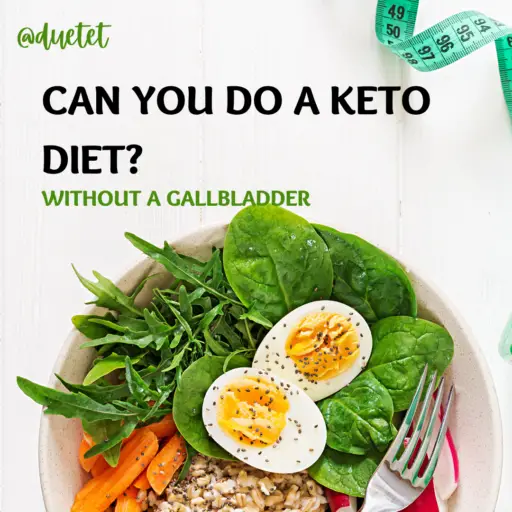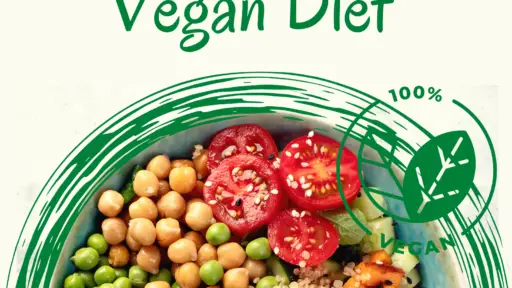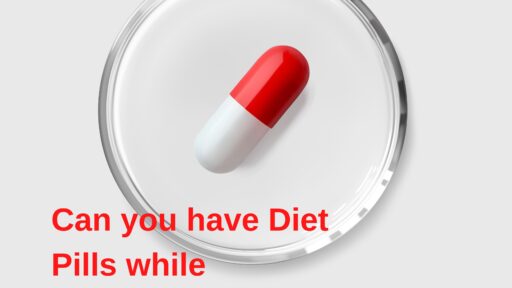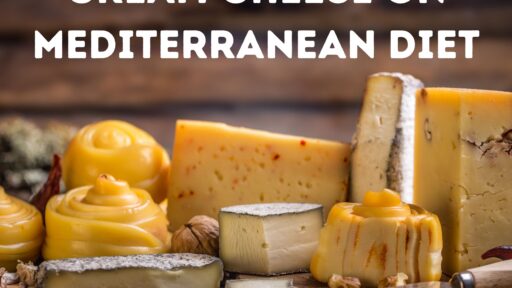Can You Do A Keto Diet Without A Gallbladder
When it comes to the topic of diet and nutrition, a key question that often comes up is, “Can you do a keto diet without a gallbladder?” This question is common, especially among those who’ve had their gallbladder removed for medical reasons. The gallbladder is an organ that plays a major role in the digestion of fats, an important aspect of the ketogenic diet. So, it’s normal to feel concerned about how you could manage a high-fat diet like keto without this key organ. However, the good news is that it’s not only possible but also manageable with the right knowledge and approach.
“Navigating a keto diet without a gallbladder certainly presents its own set of challenges, but it’s far from impossible. It all comes down to understanding your body’s unique needs and adapting your diet accordingly.”
In this article, we’ll provide a comprehensive guide on how to adopt the keto diet if you don’t have a gallbladder. Whether you are considering keto or are already on this journey, this guide is for you. We will delve into:
- Understanding the role of the gallbladder in the digestion of fats
- How the body compensates for the absence of the gallbladder
- Practical ways to modify the keto diet for easier digestion and nutrient absorption
- Tips for easing into the keto lifestyle without gallbladder
So, worry not! A gallbladder-free life doesn’t mean you have to miss out on the potential benefits of a keto diet. Let’s dive in and explore how you can successfully navigate this diet without your gallbladder.
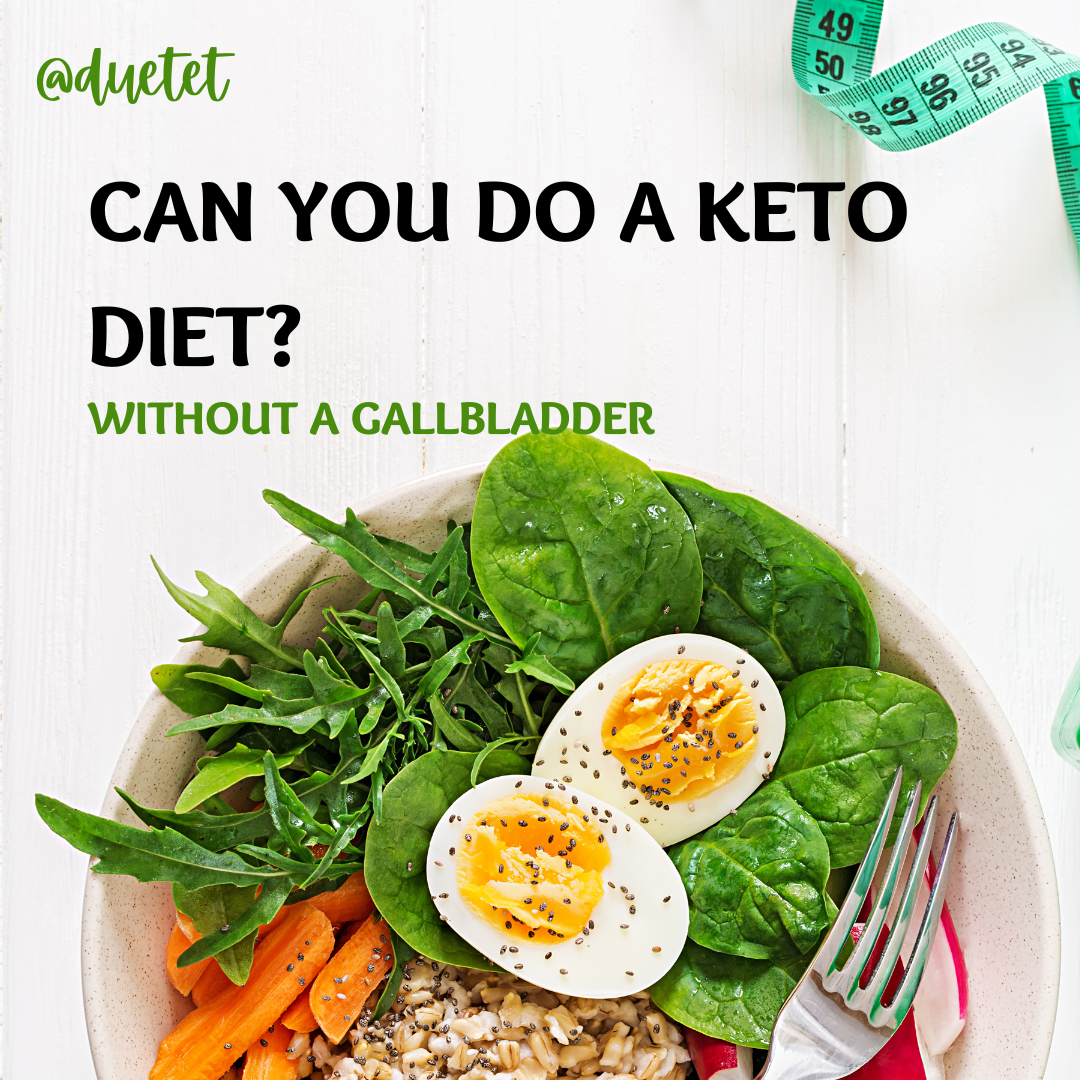
Can You Have CreamOn Carnivore Diet
Shifting our focus from the carnivore diet to the ketogenic, or keto, diet, an intriguing question arises: Can you follow a keto diet if you don’t have a gallbladder? The short answer is, indeed, yes! It is possible to maintain a ketogenic lifestyle post gallbladder removal surgery, but it’s essential to pay extra attention to your nutritional needs and how your body digests fats.
The gallbladder’s role in the body is enhancing fat digestion, which inevitably brings up concerns when undertaking a high-fat diet like keto. The absence of a gallbladder implies making a few modifications and taking additional measures to ensure proper digestion and maximum nutrient absorption.
One person who has paved the way for others in a similar state is Beachbag, a forum participant who has successfully followed a low-carb, high-fat diet despite not having a gallbladder. Such instances provide hope and guidance for individuals looking to begin or maintain a keto diet after gallbladder removal.
So, what’s the ‘how-to’ of keto without a gallbladder? The key is selecting healthy fats and avoiding the trap of ‘dirty keto’, a variant of the ketogenic diet that heavily emphasizes processed and fast foods laden with unhealthy fats. Instead, nourish your body with natural, healthy fats like avocado oil and olive oil. The Low-Carb Mediterranean Diet is a noteworthy regimen to consider — it is not only low in carbohydrates like the keto diet, but it also emphasizes healthy fats, making it ideal for those without a gallbladder.
Remember, it is not simply about avoiding fats but rather rethinking the types of fats you ingest. This approach ensures you can achieve ketosis – the metabolic state that burns stored fat in your body for energy – even without a gallbladder. Opt for balanced, informed choices and enjoy the journey to better health and well-being.
What is a keto diet?
If you’re looking to understand the concept of a keto diet further, it’s important to take a closer look at its core principles. This popular diet primarily revolves around lowering carbohydrate intake drastically to shift your body’s metabolism from burning glucose to burning fats. This metabolic stage is known as ketosis, hence the name of the diet.
In a usual diet, carbs are the primary energy source. But when you’re on a keto diet, the situation flips. The body starts to break down dietary fat and your body fat instead, turning them into molecules called ketones. This process, of burning ketones over glucose, is what helps drive weight loss.
Originally developed in the 1920s as a therapeutic dietary approach for treating epilepsy, the keto diet has, over time, become a popular choice for those seeking to shed some weight and improve their metabolic health.
It’s also worth mentioning that though this diet is hailed for its potential heart health improvements, contrary concerns also persist. Some experts warn about possible micronutrient deficiencies and the risks tied to high consumption of red and processed meats. That’s why it’s advised you implement the diet under the guidance of a trained healthcare professional or a dietitian.
Furthermore, research is ongoing to explore the keto diet’s benefits in treating various health conditions such as acne, cancer, Polycystic Ovarian Syndrome (PCOS), Alzheimer’s, Parkinson’s, and even some respiratory issues. In essence, this once-overlooked diet therapy is coming into its own, presenting promising avenues for health promotion and disease management.
Get more diet tips from us: Dietet.com
How does the gallbladder function in digestion?
The gallbladder is a small organ that sits under the liver, cradling it like a pouch. Its major role in digestion is to store bile, a substance primarily produced by the liver. This stored bile is released into the small intestine to aid in the breakdown and absorption of dietary fats. Specifically, the bile emulsifies the fat, breaking it into smaller droplets that enzymes in the small intestine can then further degrade.
Without a gallbladder, the liver continuously secretes bile, but its flow may not correspond perfectly with meal times and can be much less concentrated. As such, people without a gallbladder can have difficulty digesting large amounts of fats. The task of breaking down fats becomes even more daunting if the fat content of the meal is high, as in the case of a keto diet.
That’s not to say you can’t pursue a ketogenic lifestyle if you don’t have a gallbladder. It just means that you might need to make some adjustments or implement strategies to assist with fat digestion. For instance, Intermittent fasting on a ketogenic diet is known to give the gallbladder and liver a rest, allowing bile to become more concentrated for efficient fat breakdown. This strategy might prove beneficial in preventing gallbladder problems and protecting liver health.
Furthermore, complex carbohydrates with dietary fiber and magnesium can promote better bile flow as they make the liver’s job of bile production more manageable. Similarly, avoiding foods high in sugar or grains can also help maintain a healthy bile flow. Lastly, taking purified bile salts may help alleviate digestive issues as they can help prevent gallstones and aid in fat digestion.
In summary, managing a keto diet without a gallbladder is entirely possible, but it does require extra care and attention to promote optimal bile flow and efficient fat digestion.
Can you follow a keto diet after gallbladder surgery?
Yes, you can, but following a ketogenic diet after a gallbladder removal requires certain precautions. When the gallbladder has been removed, individuals can indeed pursue a low-carb, high-fat diet much like keto. However, the absence of this bile-storing organ requires extra steps to aid in fat digestion and nutrient absorption, making the dieting journey a bit more nuanced.
Now, if you’re determined to get into ketosis without a gallbladder, the focus should be on consuming healthy fats. Avocado oil and olive oil are excellent options but remember to pace your meals. Sudden intake of high-fat foods can potentially be harder to digest without a gallbladder. So, it’s advised to introduce these food items gradually into your diet.
If you’ve been struggling with gallstones, remember, that a ketogenic diet should be adopted slowly. Believe it or not, gallstones might be managed or even prevented by adhering to a ketogenic lifestyle. But, as with every medical concern, it’s safer to consult with your doctor before beginning the diet.
So, how can you improve gallbladder conditions or manage without one on keto? Take inspiration from our forum member Beachbag who has successfully followed a low-carb, high-fat diet despite gallbladder removal. Six simple strategies stand out: intermittent fasting, eating plenty of vegetables, taking purified bile salts, cutting out grains and sugar, avoiding protein powders, and going light on nut intake.
Remember, while it is possible to follow a keto diet after gallbladder removal, changes will need to be made according to your specific needs and conditions. Always make sure to incorporate professional advice into your diet plan.
What foods should be avoided after gallbladder removal?
When you’re adjusting to life after gallbladder removal, paying attention to your diet is crucial. Certain types of food can kickstart digestive issues, making you feel uncomfortable. Let’s tackle the must-avoid foods after gallbladder surgery.
Fatty foods top the list of foods to avoid. Fat digestion is the primary role of your gallbladder, but without it, eating high-fat meals can lead to diarrhea and discomfort. High-fat meats, fried foods, dairy products like milk or cheese, along with foods cooked in butter or oil can become problematic.
Grains and sugars are also worth steering away from. These can disrupt healthy bile flow, and potentially exasperate digestive issues. Additionally, they can be counterproductive to your keto dieting plan, loading you up on carbs you can ill afford in your bid to maintain ketosis.
Finally, you might encounter trouble digesting certain proteins. Protein powders and nuts can sometimes be hard on your gut. That doesn’t mean you need to quit consuming these foods entirely. Instead, they should be eaten judiciously and in moderation.
Moving forward without your gallbladder is like attempting a high-wire act, you need to pace yourself, get the balance right, and nourish your body with the right kind of diet to successfully carry on with a keto lifestyle.
What are some tips for doing a keto diet without a gallbladder?
- When embarking on a keto diet without a gallbladder, it’s critical to take measures that ensure efficient digestion of fats and maximize nutrient absorption.
- Achieving ketosis without a gallbladder is indeed possible, albeit with adjustments, such as focusing on consuming healthier fats like avocado and olive oil.
- Reducing fat intake can help minimize pressure on your liver, another crucial organ in the digesting system that takes up extra workload post gallbladder removal.
- Adopting certain practices such as intermittent fasting, eating an abundance of vegetables, and using purified bile salts can help improve gallbladder symptoms when on a keto diet.
- Keep your intake of grains, sugar, protein powders, and nuts to a minimum, as these may worsen gallbladder symptoms.
- It’s recommended to pace the intake of high-fat foods, enabling a more manageable load for the body’s changed digestive capabilities.
- Studies suggest that a ketogenic lifestyle may aid you in managing or even preventing gallstones, leading to lower gallbladder stress.
- Including soluble fiber in every meal aids digestion, particularly for those on keto without a gallbladder.
- For those without a gallbladder, MCT oil can be a beneficial addition to the diet, providing a good source of fats without requiring gallbladder intervention for digestion.
Getting started with a ketogenic diet after gallbladder removal might feel a bit overwhelming, but don’t fret. There are strategies you can adjust to, and believe it or not, they can be pretty simple to implement. The key here is to listen to your body, go slow, and monitor how you respond to various dietary modifications.
One common recommendation is leaning on certain dietary supplements that can aid in the digestion of fats. For instance, digestive enzymes, particularly those specialized in breaking down fat like lipase, can potentially assist you in coping with the higher fat intake on a keto diet. This extra digestive boost, alongside the inclusion of bile salts, can help your system effectively break down and absorb the fats critical for ketosis.
Another tip for staying keto post-gallbladder removal is to consider the types of fats you’re consuming. Saturated fats are the most difficult to digest, so consider focusing your intake on more readily digestible monounsaturated fats. Foods rich in these types of fats include avocados, olives, almonds, and fatty fish like salmon. On that note, it’s a good idea to avoid processed fats and opt for natural sources whenever possible.
Finally, let’s talk timing. Especially in the earlier stages of your transition to a gallbladder-less keto lifestyle, it’s generally a good idea to consume smaller, more frequent meals throughout the day. This approach aids your liver in managing the steady influx of fats and mitigates potential digestion discomfort.
Keto without a gallbladder is doable. It might require a bit more consideration and planning, but the benefits of a ketogenic diet can be within your reach despite the absence of a gallbladder. The key is to make the right adjustments and to listen to your body as you establish what works best for you.
Final Thought
Whichever way you look at it, navigating a keto diet without a gallbladder can certainly be a challenge, but it’s not unfeasible. The key here, as emphasized by fitness guru Christian Finn and nutrient researcher D. Tendler, is personalization. One size does not fit all, particularly regarding diet, and there’s considerable emphasis on considering individual factors such as weight, lifestyle, and personal health journey.
A warm cup of coffee with cream might be the perfect morning pick-me-up for one person, while nutrient-packed lemon-infused water could be better suited for another. Food for thought, isn’t it?
Fionn T. McSwiney and C.S. Johnston have contributed valuable insights as well from their research and provided helpful dietary strategies that can ease your transition into a keto lifestyle after gallbladder removal. The information provided is substantial, but there is always room to learn and understand more about how our bodies respond to dietary changes. Consulting your healthcare provider is still crucial, as they can provide more direct and personalized advice tailored to your situation.
You’ve got to remember though, that being committed to a dietary regime like the ketogenic diet requires patience, and resilience, and will require you to listen to your body. It’s a voyage, after all, so don’t forget to treat it as such. Keep an open mind, and embrace the journey, because, at the end of the day, your wellness should be your uppermost priority. Stay informed and stay on track. Your health is your wealth.

